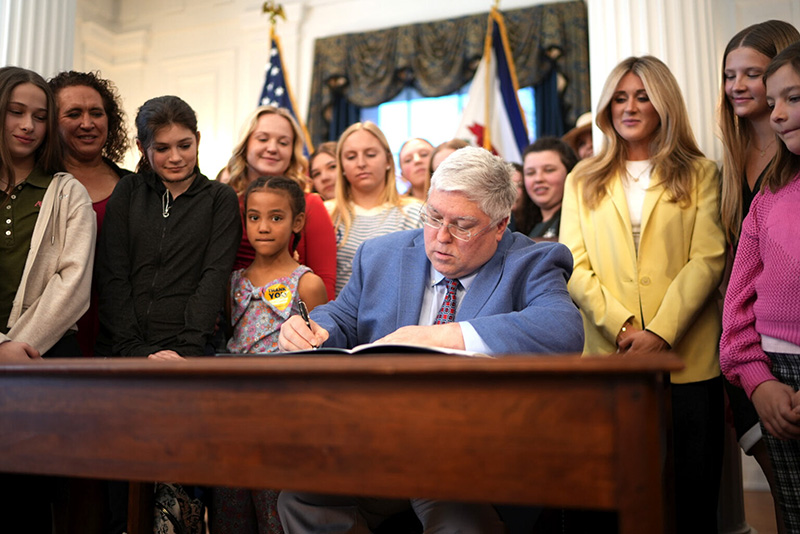DCTC vs. Virginia
Transgender-advocacy group files brief in suit against Virginia Department of Corrections
The DC Trans Coalition (DCTC), a local advocacy group advancing the civil rights of transgender people, has filed a friend of the court brief urging the Richmond-based U.S. Court of Appeals for the Fourth Circuit to find that the policy on housing transgender inmates of the Virginia Department of Corrections is unconstitutional.
The brief, submitted in the case of De’Lonta v. Johnson, claims the policy that assigns transgender inmates to facilities based on their genitals violates the equal protection, due process and cruel and unusual punishment clauses of the U.S. Constitution.
The plaintiff, Ophelia De’Lonta, an inmate at the Buckingham Correctional Facility for men in Dillwyn, Va., about 50 miles west of Richmond, sued the Virginia Department of Corrections in June 2011 to request that the department provide her with gender-reassignment surgery as a treatment for gender identity disorder. De’Lonta, who has breasts but male genitalia, had previously attempted to perform the surgery on herself.
In the brief, DCTC says the current policy is discriminatory because it treats transgender women differently from those born with female genitalia. DCTC alleges that automatic placement of transgender women in male facilities is cruel and unusual punishment because it places them at higher risk of being sexually abused by fellow inmates, while courts have previously found that separating or isolating transgender from the rest of the prison population is ”detrimental” because it places restrictions on their mobility and ability to access necessary services.
DCTC also says that the lack of availability of an appeal procedure regarding housing policy decisions deprives inmates of due process.
According to the DCTC brief, the District and other jurisdictions such as Cumberland County, Maine, and King County, Wash., have policies in place that are more flexible regarding the treatment of transgender individuals. In those jurisdictions, placement of transgender inmates is based on an individualized determination on the basis of a composite of security and safety needs, available space and gender identity.
Such placement criteria has been included among the proposed regulations implementing the Prison Rape Elimination Act, the 2003 federal law dealing with the sexual assault of prisoners, and is expected to be adopted by the Federal Bureau of Prisons. As a result, DCTC argues that Virginia’s policy be ruled unconstitutional and replaced by a more comprehensive policy addressing specific needs of individual inmates.
Support Metro Weekly’s Journalism
These are challenging times for news organizations. And yet it’s crucial we stay active and provide vital resources and information to both our local readers and the world. So won’t you please take a moment and consider supporting Metro Weekly with a membership? For as little as $5 a month, you can help ensure Metro Weekly magazine and MetroWeekly.com remain free, viable resources as we provide the best, most diverse, culturally-resonant LGBTQ coverage in both the D.C. region and around the world. Memberships come with exclusive perks and discounts, your own personal digital delivery of each week’s magazine (and an archive), access to our Member's Lounge when it launches this fall, and exclusive members-only items like Metro Weekly Membership Mugs and Tote Bags! Check out all our membership levels here and please join us today!



















